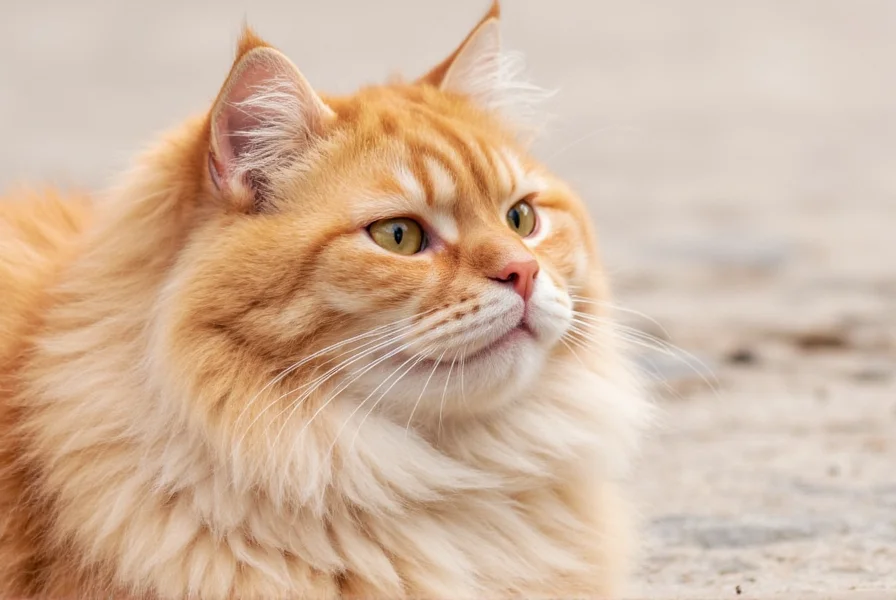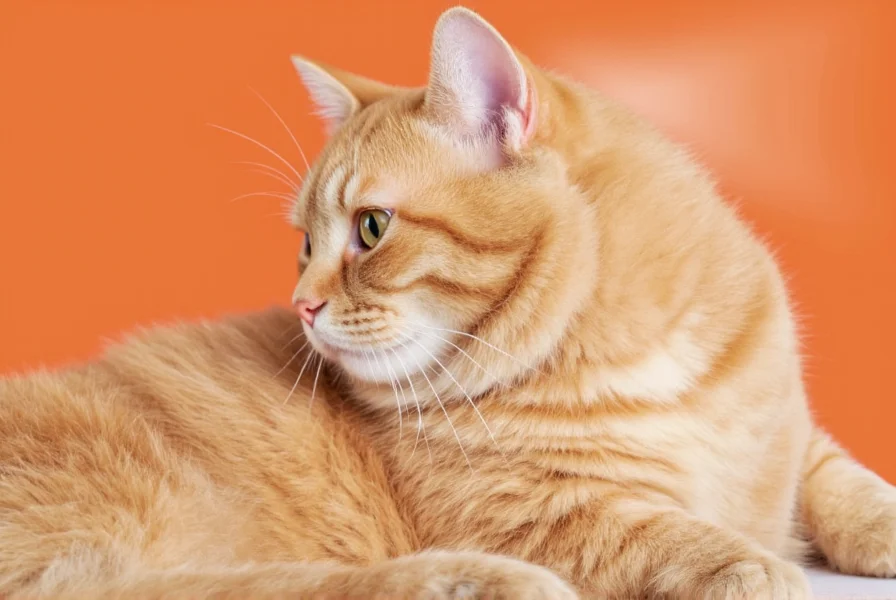As a cat owner exploring natural remedies, you might wonder whether ginger—a popular human remedy—translates safely to feline care. This comprehensive guide examines ginger's effects on cats based on veterinary research and clinical experience, helping you make informed decisions about your pet's diet and wellness.
Understanding Ginger's Properties and Feline Physiology
Ginger (Zingiber officinale) contains bioactive compounds like gingerols and shogaols that provide anti-inflammatory and digestive benefits in humans. However, cats process substances differently due to their unique metabolism. As obligate carnivores, felines lack certain digestive enzymes that process plant compounds efficiently. This biological difference means many human-safe foods and herbs require careful evaluation before sharing with cats.

Documented Benefits of Ginger for Cats
Research suggests potential therapeutic applications when administered properly:
- Nausea relief: Studies indicate ginger may help reduce motion sickness and chemotherapy-induced nausea in cats, similar to its effects in humans
- Anti-inflammatory properties: May support joint health in senior cats with arthritis when used under veterinary supervision
- Digestive aid: Small amounts might stimulate digestion in cats with mild gastrointestinal sluggishness
However, these potential benefits require professional guidance. Never use ginger as a substitute for veterinary treatment of serious conditions like persistent vomiting or chronic pain.
Risks and Contraindications
Despite potential benefits, ginger poses several risks for cats:
| Risk Factor | Potential Effect | At-Risk Cats |
|---|---|---|
| Excessive consumption | Vomiting, diarrhea, drooling | All cats |
| Bleeding disorders | Increased bleeding risk | Cats on blood thinners |
| Pregnancy | Potential miscarriage risk | Expectant queens |
| Kittens | Digestive system disruption | Cats under 1 year |
Ginger's blood-thinning properties make it particularly dangerous for cats with clotting disorders or those scheduled for surgery. The American Veterinary Medical Association notes that even natural substances can interact dangerously with medications.
Safe Administration Guidelines
If your veterinarian approves ginger use, follow these evidence-based protocols:
- Consult your vet first: Always get professional advice before introducing new substances
- Use fresh ginger only: Avoid powdered forms which may contain additives
- Micro-dosing approach: Maximum 1/8 teaspoon of freshly grated ginger per 10 pounds of body weight
- Infrequent use: Limit to once weekly unless directed otherwise by your vet
- Monitor closely: Watch for 24 hours after first administration for adverse reactions
Never give cats ginger candy, gingerbread, or other human preparations containing toxic ingredients like xylitol, nutmeg, or excessive sugar. These can cause severe health complications beyond the ginger itself.
When to Contact Your Veterinarian Immediately
Seek professional help if your cat shows any of these symptoms after ginger exposure:
- Excessive drooling or foaming at the mouth
- Repeated vomiting or diarrhea lasting more than 12 hours
- Unusual lethargy or weakness
- Bloody stools or vomit
- Difficulty walking or loss of coordination
Remember that persistent nausea or digestive issues often indicate underlying conditions requiring proper diagnosis. Ginger might mask symptoms while the real problem worsens.
Effective Alternatives to Ginger
For common issues where owners consider ginger, these vet-approved alternatives often work better:
- For motion sickness: Prescription medications like maropitant citrate
- For digestive issues: Probiotic supplements formulated specifically for cats
- For inflammation: Omega-3 fatty acids from fish oil under veterinary guidance
- For nausea: Small, frequent meals of easily digestible protein
Evidence-Based Recommendations
Current veterinary research suggests ginger has limited therapeutic value for cats compared to species-specific treatments. A 2023 Journal of Feline Medicine and Surgery review concluded that while ginger shows promise for nausea management, its efficacy remains unproven for most feline conditions. The study emphasized that improper use could delay proper treatment of serious conditions.
When considering natural remedies like can cats have ginger root safely or is ginger good for cats with upset stomach, always prioritize veterinary guidance over anecdotal advice. Your cat's health professional can determine whether ginger might complement—rather than replace—conventional treatment for specific conditions.
Frequently Asked Questions
Can ginger help with my cat's hairballs?
No, ginger doesn't effectively address hairballs. While some believe it aids digestion, there's no scientific evidence supporting ginger for hairball management in cats. Instead, use vet-recommended hairball remedies, increase fiber in their diet, or brush your cat regularly to reduce hair ingestion.
How much ginger can I safely give my cat?
If your veterinarian approves ginger use, the maximum safe amount is 1/8 teaspoon of freshly grated ginger per 10 pounds of body weight, no more than once weekly. Never exceed this amount, and discontinue use if you notice any digestive upset or other adverse reactions in your cat.
Is ginger tea safe for cats?
No, ginger tea isn't recommended for cats. The concentration is difficult to control, and many ginger teas contain additional ingredients like citrus or sweeteners that can harm cats. If you want to try ginger for your cat, consult your veterinarian about appropriate preparation methods rather than using human beverages.
Can I use ginger to treat my cat's arthritis?
No, ginger shouldn't be used as primary treatment for feline arthritis. While it has anti-inflammatory properties, research shows insufficient evidence of effectiveness for cats. Veterinarians typically recommend prescription pain management, weight control, and approved joint supplements specifically formulated for cats, which have proven safety and efficacy profiles.
What should I do if my cat ate ginger accidentally?
If your cat consumed a small amount of fresh ginger, monitor for 24 hours for vomiting, diarrhea, or lethargy. Contact your veterinarian if symptoms develop or if your cat ate a large quantity, ginger products with additives, or if your cat has underlying health conditions. Never induce vomiting without professional guidance.











 浙公网安备
33010002000092号
浙公网安备
33010002000092号 浙B2-20120091-4
浙B2-20120091-4